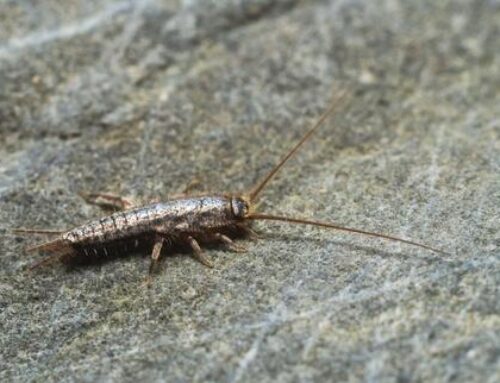It’s the season of black cats. They’re everywhere—on decorations, in school songs, and at the heart of Halloween lore. While these sleek felines bring joy (and a little spookiness) to our homes, there’s one role they shouldn’t take on: family pest control. As tempting as it might be to let your cat chase mice, it can be risky for both you and your furry friend.
Encouraging cats to hunt mice might seem natural—after all, they’ve been rodent hunters for centuries. During America’s westward expansion, cats protected precious supplies in farms, towns, and even mines. Many farmers still rely on barn cats today. Hunting can provide cats with mental and physical stimulation, but there’s a far more serious reason to step in: disease.
Mice are more than just a nuisance—they’re tiny disease carriers. Cats can pick up bacterial, viral, and parasitic infections, from salmonellosis to tapeworms. While most mice look harmless, there’s no way to know which ones carry pathogens. For certain groups—infants, the elderly, and people with weakened immune systems—this risk is especially serious.
Poisoning is another hidden danger. Rodents that have eaten rodenticides can make your cat very sick, causing internal bleeding, organ failure, neurological issues, or even death. Symptoms may not show for days, so immediate veterinary attention is critical if you suspect your cat has eaten a poisoned mouse.
This Halloween, let your black cat enjoy the spooky season safely—leave the pest control to someone else. Your feline friend will thank you, and so will your peace of mind.






